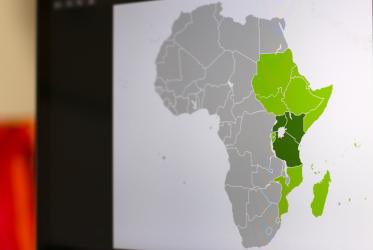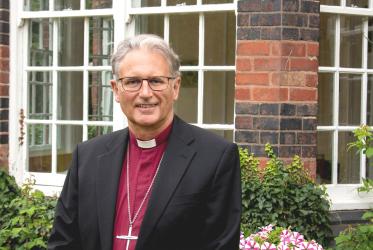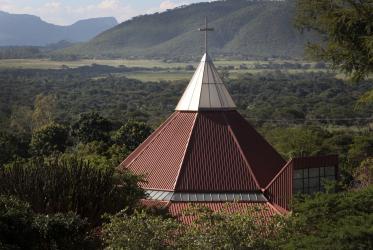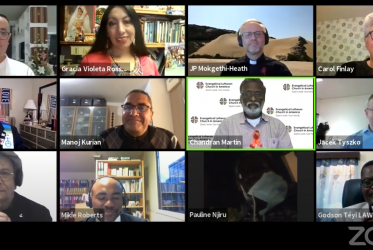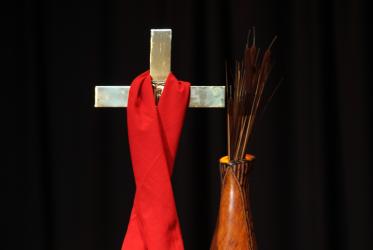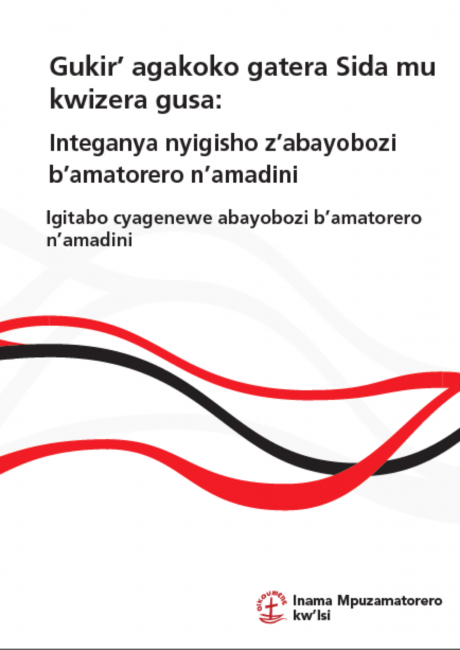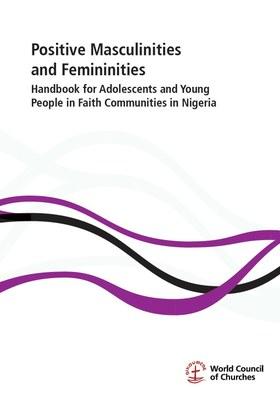Displaying 161 - 180 of 990
28 January 2021
WCC Eco-School 2020 for Pacific region is further postponed
14 January 2021
“Coventry Cathedral continues to speak a word of hope to the world”
10 December 2020
On World AIDS Day, “we remember them and name them in our hearts”
02 December 2020
Webinar will highlight “People on the Move: Solidarity and Advocacy”
05 November 2020
Treatment Adherence and Faith Healing in the Context of HIV and AIDS in Africa
Training Manual for Religious Leaders
25 October 2020
WCC mourns passing of Hendrew Lusey-Gekawaku
23 October 2020
Positive Masculinities and Femininities
Handbook for Adolescents and Young People in Faith Communities in Nigeria
19 October 2020
On World Food Day, “we pray for wisdom to care for the earth”
16 October 2020
Healing Together
A Facilitator’s Resource for Ecumenical Faith and Community-Based Counselling
15 October 2020


